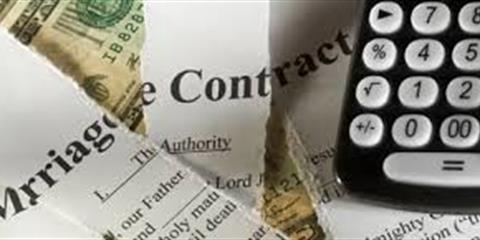Drug Free Zones . . . Probation Eligibility / Effect on Parole
Texas Code of Criminal Procedure Article 42A.054 (formerly known as 3g offenses) limits the ability to receive probation for such an offense. Essentially, the Code prevents a court from accepting a straight probation plea. A judge can only accept a plea for a deferred adjudication probation, which can have its own pitfalls and advantages for the accused. Only a jury can grant probation for a DFZ offense following a trial following a final conviction.
Ordinarily, a person serving time will be eligible for parole once their time of incarceration plus the application of any good time equals one-quarter of their sentence. However, the DFZ charge changes this calculation. Texas Government Code Section 508.145 limits the parole eligibility until after the person's actual calendar time served, without consideration of good-time credit, equals one-half of the original sentence. In other words, the individual must actually serve at least one half of their actual sentence.
Fighting the addition of a DFZ enhancement to a drug offense can be critical in receiving an effective outcome for your case. Contact us to learn more.
Categories


